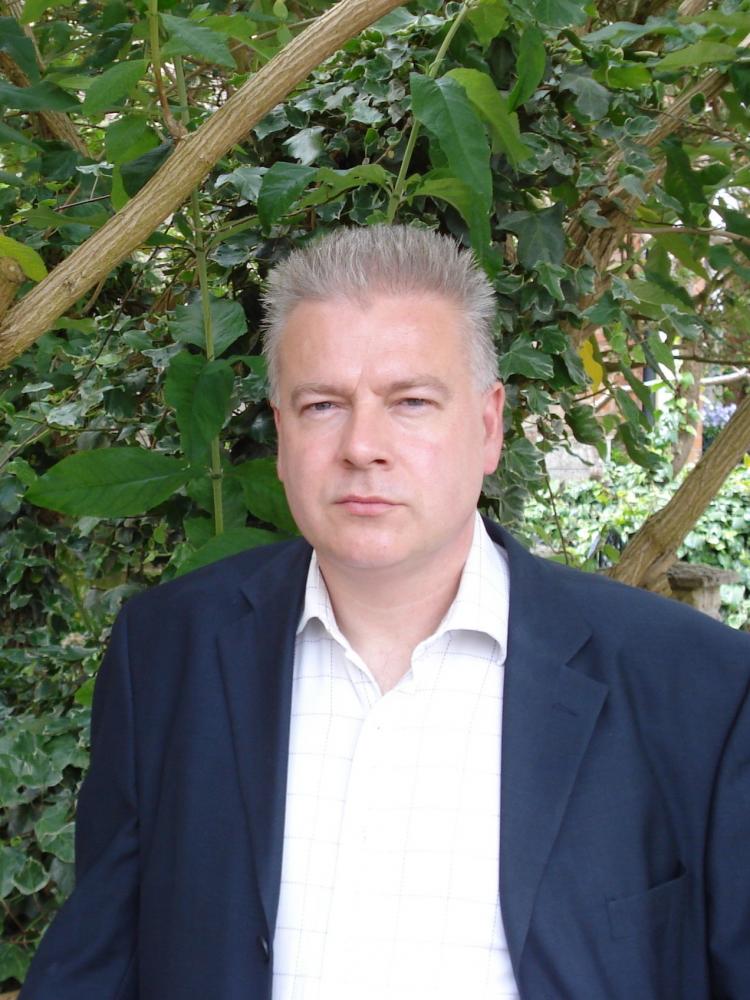
Germany’s Bayer, Italy’s Eni, Switzerland’s Nestlé and Anglo-Dutch Unilever are rated “gold class among Europe’s 50 top listed companies in terms of how they combine their ESG (environmental, social and governance) progress and sustainability talk with “walking the walk” and executing on it.
New research from Lundquist, a corporate communications and sustainability agency based in Milan, has for the first time analyzed how European companies that are members of the STOXX Europe 50 Index position themselves in terms of ESG and sustainability. Researchers reviewed the English language content across corporate websites, social media channels and related digital properties (magazines, mini-sites, etc.).
In essence, the analysis provides a snapshot on how fit for purpose these entities are, as well as what consumers expect, what LinkedIn influencers want and what millennials aspire to see.
The agency’s research extends Lundquist’s horizons to examine how European corporates are interpreting the challenge of sustainability communications.
It measures communications from two connected perspectives—namely, substance (i.e. information that users need to understand about a company: the facts and figures defining the substance of what they do and why) and distinctiveness (tracking user experience and engagement, from stories and viewpoints to social media use).
Based on the findings, corporates were rated gold class, silver class, bronze class, “The Narrators”, “The Glitterati” (with a focus on what is visually striking and exploiting social channels to talk about sustainability) to “The Traditionalists” and “The Sleepers.”
The evaluation protocol consisted of seven sections, with a maximum possible score of 100. The research takes what is described as “a new, future-oriented perspective” built around real stakeholder expectations. Credible and concrete stories about sustainability examined.
Today, this mission is as “urgent as ever," driven by a “surging interest in sustainability and an expectation that business should articulate how it is contributing to our collective future challenges,” the researchers wrote.
Top of class: ‘The Narrators’
Some leading corporates in Europe are shown to be paving the way and labelled "The Narrators,” whilst others are confined for now to “the bench”—to use a footballing term—or categorized as “The Sleepers.”
Nine of the 49 companies considered qualify as “narrators,” led by oil companies BP and Eni, consumer packaged goods brands Nestlé and Unilever, and healthcare firms Bayer and Roche. Almost all of them were found to have struck a balance between the perspectives of substance and distinctiveness.
The best companies in Europe were found to be managing to connect communications to the substance of the impacts of their business. This trend suggests that "companies are working hard not only to be relevant and engaging, but to make sure communication is backed up by the kind of robust evidence that users clamor for," said James Osborne, head of sustainability at Lundquist.
In respect to the “narrators,” Osborne added: “They exhibit a good balance between what they say and how they say it.” Almost all of them strike a balance between substance (45 points out of 100) and distinctiveness (55 out of 100), the two pillars analyzed for the research.
Companies rated ‘gold’ class, were those which scored at least 60 percent of maximum in both pillars. Those companies scoring at least 50 percent of maximum in both pillars but not qualifying as gold were rated silver (BASF, BP, Deutsche Telekom, National Grid and Roche in the latter class).
Bottom of the class: ‘The Sleepers’
Seven companies were rated "sleepers" and included ASML Holding, Lloyds Banking Group, LVMH, Prudential, Rio Tinto, Sanofi and Safran.
The analysis does not stress “rankings” in absolute terms as with Lundquist’s other studies such as the Web ranking for Top 500 European companies, seeking instead to show positioning of companies.
In respect of “The Traditionalists,” which comprise 14 companies including Airbus, Allianz, Anheuser-Busch InBev, Astra Zeneca, BNP Paribas and SAP, this was noted as the “most dangerous area” to be in for a company, as it “indicates the absence of a culture of transparency and attention to the digital user.”
These companies tended to focus on technical and compliance disclosure, but “without demonstrating a distinct corporate identity," researchers found.
On the social media front, industrial gas company Linde scored the top spot for best use of sustainability communications on Facebook, while best use of Twitter for this purpose was clinched by Unilever, which generates more social engagement on social and environmental themes than on other topics, according to the research.
Image credit: Francesco Ungaro/Pexels

A freelance financial journalist based in London and a former Financial Times staff writer covering stock exchanges, transaction services and trading technology, Roger Aitken has written for a number of B2B and B2C titles such as City A.M., Investors Chronicle, FTfm and Financial News as well as newspapers like The Guardian, The Independent and with Forbes as a contributor.














